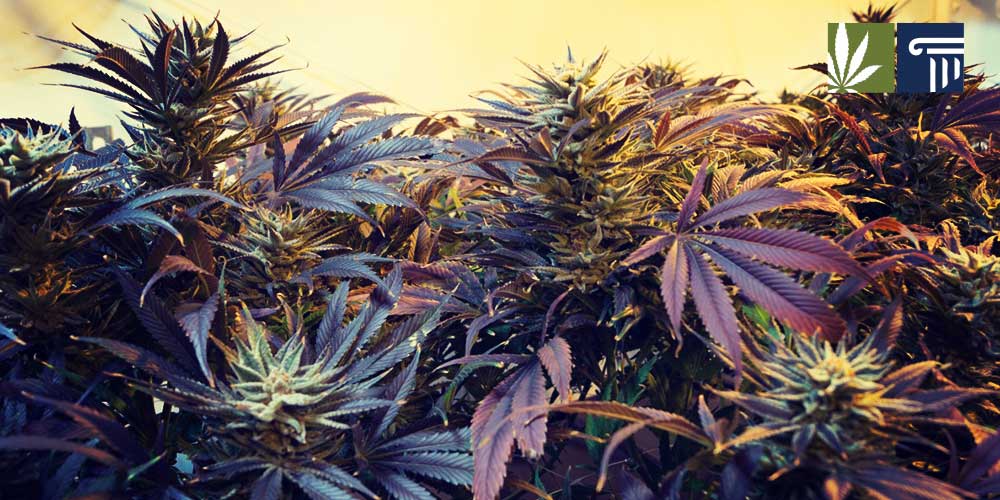In January, a bipartisan group of legislators introduced bills to the Washington legislature to legalize residential marijuana agriculture. Although recreational marijuana is legal to buy in the state, it is not legal to grow it at home (except for a limited number of patients). The bills would legalize small grows of four to six plants, providing an option for those who need an alternative to dispensaries.
The companion bills, HB 1131 and SB 5155, would allow those 21 years old and older to grow and process marijuana at home for their own use without needing a license and prohibits forfeiture of real property where home grows are located. Landlords would be permitted to ban grows in their rental units. The bills would also place limits on possession.
Previous home grow bills have failed to pass. As reported in The Stranger, however, home grow advocate John Kingsbury is optimistic about this year. He is reported as saying that “dozens and dozens of legislators” have promised to vote for a bill that reaches the floor. The bills also have several sponsors from both parties.
The Washington State Liquor and Cannabis Board
In 2017, when home grow bills were previously considered, the legislature asked for and received recommendations from the Liquor and Cannabis Board (LCB) that included a limit of four plants, a tracking system, and licenses for home grows. The bills ignore the recommendations regarding tracking and licensure, but it seems likely that the plant limit on the final bill in Washington will be low. In an interview on KUOW, Rep. David Sawyer (D-Tacoma) said that the limit will likely be four to six plants, which is consistent with current limits in other legal states. “We’ve learned from other states,” Sawyer said. “We learned what not to do. Colorado had a limit of 99 plants and law enforcement had no way of taking down the illegal operations.” Sawyer also said that the LCB is involved in discussions on the final form of the bills.
The LCB has previously opposed legalizing home grows, and its 2017 proposals for a tracking system or licensure were met with dismay among would-be home growers, who fear federal enforcement, job loss, and loss of other rights, such as gun ownership. Leafly reports that in 2015, when Sen. Jeanne Kohl-Welles (D-Seattle) sponsored a home grow legalization bill, the LCB requested that it be voted down, saying that home grow legalization would “undermine the legal market.” The LCB also said that legalizing home grows would run afoul of the limits set by the Cole memo, the Obama administration’s memo of understanding regarding federal enforcement policy in legal states. The LCB has also argued against home grows as a threat to the tax income that comes from dispensary sales, and as new enforcement cost. Leafly quotes home grow advocate John Novak as saying of the LCB: “Two years in a row, they’ve basically tried to mislead the legislators on this matter.”
In addition to countering the LCB’s arguments against legal home grows, advocates cite personal freedom, the need to cultivate specific strains, and access issues as among the reasons to allow people to grow their own. This year, they are making another attempt to legalize home grows in Washington.
What do you think? Will Washington legalize home grows this year? Leave a comment below.






